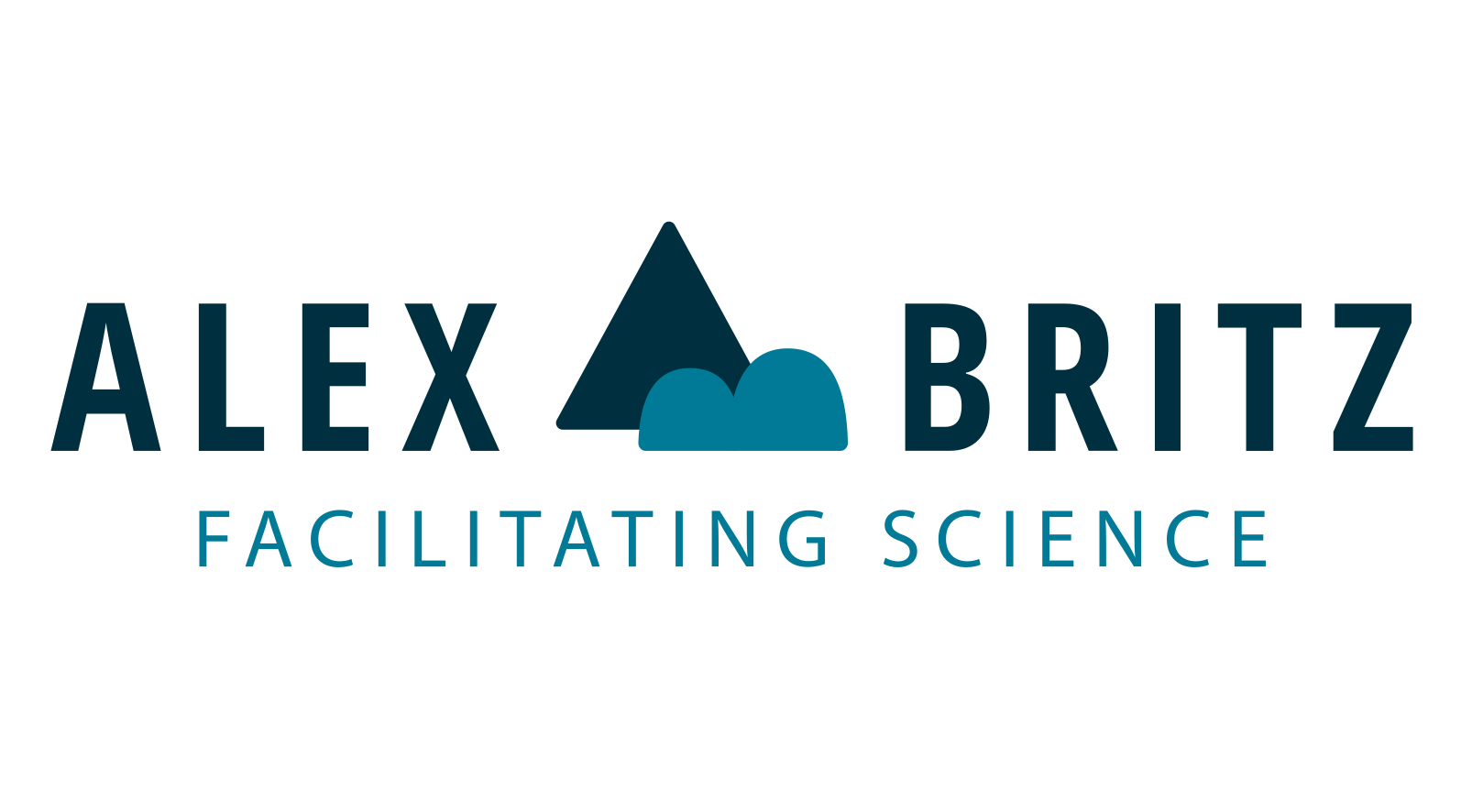3 interactive workshops for beginners, intermediate and advanced Python programmers. Each 3-day workshop is split equally into input lectures and coding exercises. Workshops can be held online or on-site.
Workshop I: Fundamentals of Python
Begin your journey in Python programming. Explore the capabilities of Python through hands-on exercises, enabling you to begin analyzing scientific data. This workshop includes:
– Overview of Python’s versatility with real-world use cases
– Installation and getting started with Python: Jupyter Notebooks, Spyder, Anaconda, command line interface
– Deep-dive into Python syntax: data types and variables, conditional statements, loops, and functions
– An introduction to data treatment with Numpy
– Reading and writing files
– The first steps of data visualization with Matplotlib
Workshop II: Python for Data Analysis and Visualization
Take your Python skills to the next level and learn how to analyze and visualize large scientific data sets using Python and JupyterNotebooks with features including:
– Version control with Git & Github, virtual environments.
– Data handling using Numpy
– Treating larger data sets with Pandas
– Visualization of data using Matplotlib
– Fitting, interpolation and filtering of data with SciPy
– BONUS: Introduction to parallel computing
This workshop requires a basic knowledge of Python, as covered in our “Fundamentals of Python” course.
Workshop III: Machine Learning with Python: An Introduction
Discover the future of technology. Master the fundamentals of machine learning using Python.
– Introduction to the general concepts of machine learning and data preparation
– Advanced Python syntax critical for machine learning
– Virtual environments and version control using Git & Github
– Supervised learning with Scikit-Learn
– Neural networks and deep learning with PyTorch
– Outlook on unsupervised and reinforcement learning algorithms
This workshop requires good knowledge of Python, as covered in the two workshops “Fundamentals of Python” and “Python for Data Analysis and Visualization”.
